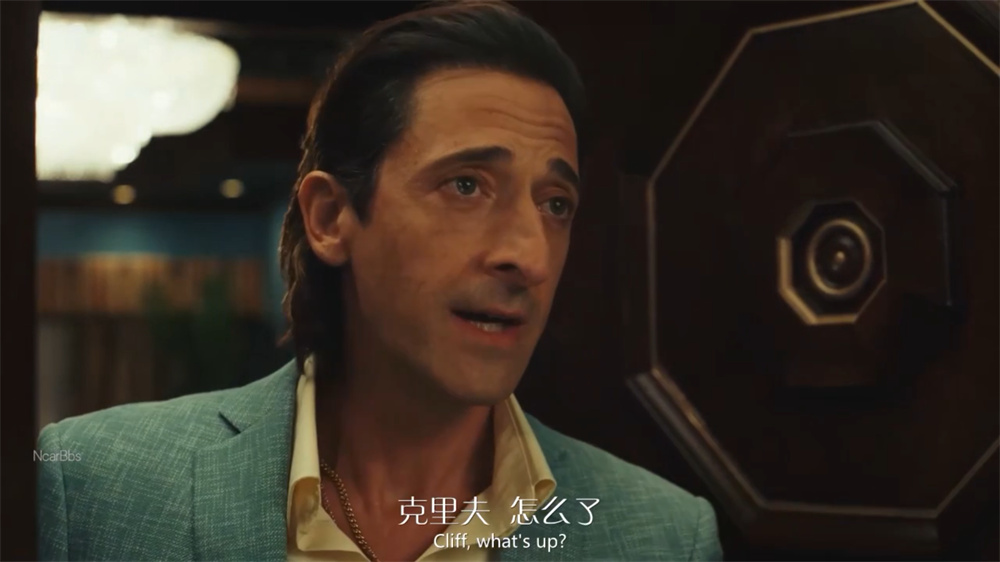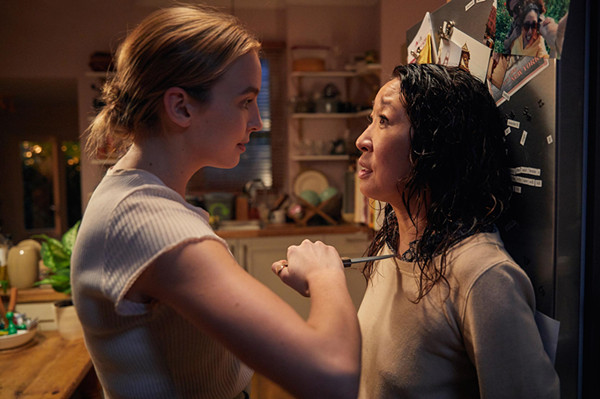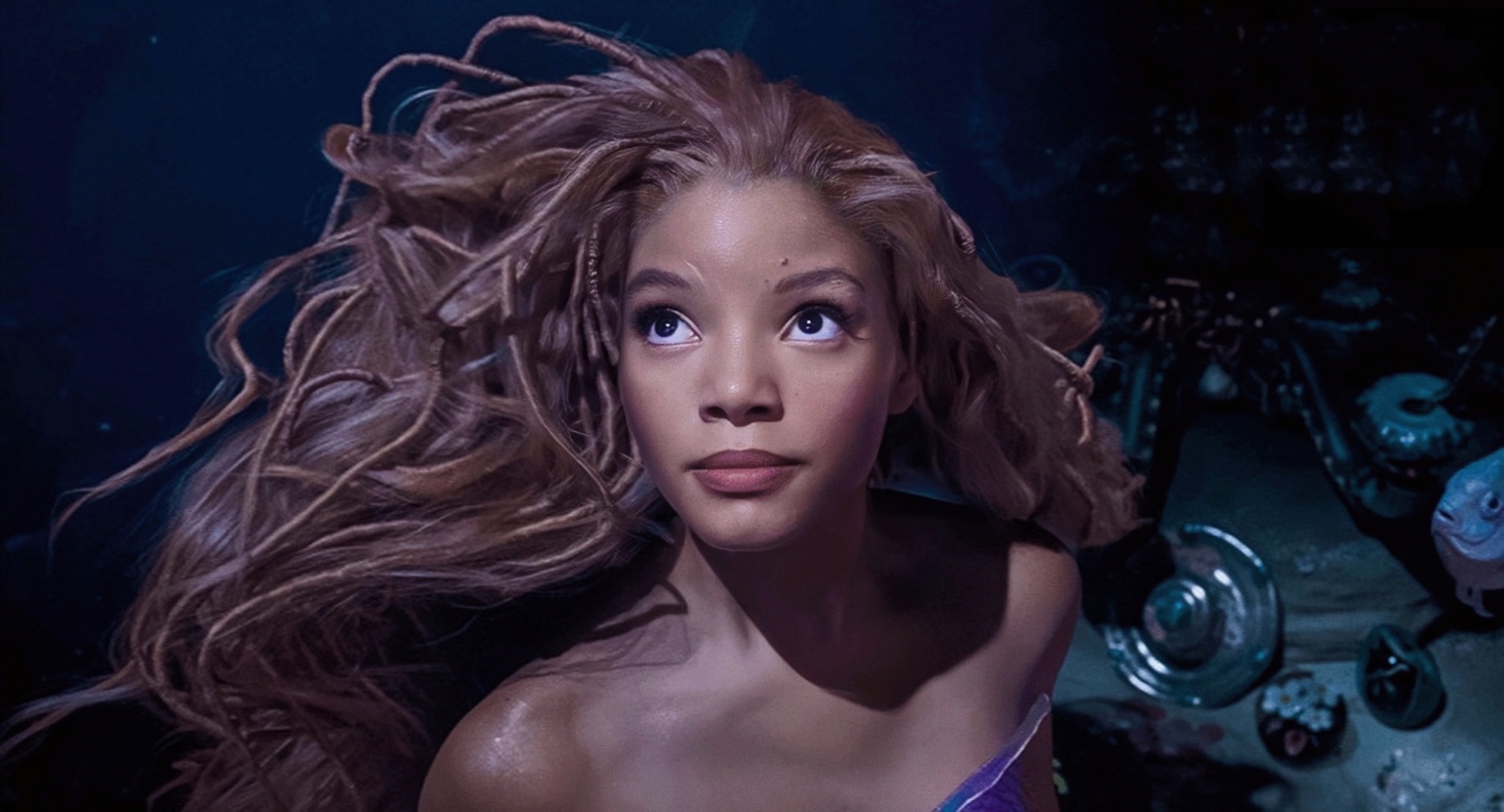
Natasha Lyonne isn't writing or directing her new show, "Poker Face," but it's clear the role was made for her. She seems to have come here directly from the set of "Russian Doll" (Russian Doll), with a slightly changed outfit more suitable for wandering in the heart of America, with the same hairstyle, walking posture, speaking tone and personality.

Poker Face poster
In "Poker Face", the "human lie detector" Charlie played by Leon is also a pursuer. While avoiding the pursuit of the casino boss, she continued to solve the murders encountered on the road. This detective is often in a state of self-defense and needs a Casio watch to calculate how long he can stay in one place (too long is easy to be caught).
Being able to tell whether a sentence is a lie is a bonus for her. It's just that this ability is not as powerful as it sounds, because "lies are everywhere." People lie all the time for a variety of reasons, the key is this: understand the motivation behind the lie. Just because Charlie's lie recognition function is not omnipotent, there is no hindrance to the fun of reasoning. It can only provide one or two puzzle pieces, and more puzzle pieces need to be found.
Those who have watched "Reincarnation Party" already know that the character played by Natasha Lyon will never rely on a certain talent to "live a happy and peaceful life from now on". To give her peace, it would be better to kill her.
Her characters always have deep desires, but not like most people's desires. These characters all smoke and drink, have poor walking posture, rough skin, and do not pursue health and longevity. These characters are not without aspirations for wealth. Nadia in the second season of "Reincarnation Party" is looking for gold and silver treasures in time travel, and Charlie in "Poker Face" used the ability to tell lies to sweep the underground gambling game and pocket a thousand gold. But these characters will soon find that what they want is the thrill of a life hanging by a thread, the freshness of waking up in a new place every day, and some kindness and affection between people.

"Poker Face" stills
Therefore, Natasha Lyonne always wakes up in front of the camera again and again, wraps up her nightgown and goes to the street to track down the next clue. These images are repeated over and over again, almost becoming the actor's signature scene - full of longing, non-stop walking.
The reasoning of this drama is meticulous and the structure is rigorous. Each episode has one case. The murder that led to Charlie being chased and killed on the road happened in the first episode. Since then, she has embarked on a desperate road trip, intersecting with rest stops, barbecue restaurants, and metal bands along the way. Each episode follows a fixed format. The first third narrates the motive and process of the murder, and then shoots the same time period again to explain the short intersection between Charlie, the victim and the environment. The last third is the reasoning process, where clues lead to clues, and puzzles are collected piece by piece. The gears are clenched and there is no superfluous plot. Even if the audience has already been told "who is the murderer" and has seen the crime process, they can still play the reasoning game with Charlie with interest. From the reasoning itself, "Poker Face" is already a rare good work in recent years.

"Poker Face" stills
Because of the road movie and Natasha Lyonne, the temperament of this show is also very special. Natasha Lyonne was originally a rare species in the film and television industry. There are many actresses who can be broadly classified with her, and fellow Jewish Pamela Metron is one of them. They are smoky, wild, rough, dare to smoke, drink, and burp on the screen, maintain a sense of humor at all times, have super vitality and creativity, and are the most powerful ladies everywhere. But Metro is the lady of the day, unlike Leon, whose burning blood is forever longing for the long road, gore, and the weird.
Actors like Leon and Metro (or such people) are radiant, but what makes them even more powerful is that they can make others shine. You will find that there are almost no boring supporting roles in their plays. Everyone is as alive and kicking as they are. Vicious tongue and mercy always go together. They respect human complexity and are willing to make others shine brighter than themselves.

"Poker Face" stills
The three-stage structure of "Poker Face", in which two and a half paragraphs are used to describe the victim, respects the dead more than most mystery films. This kind of respect is not for the protagonist to say "T was once a living person", but for the three pillars of the killed person, the murderer and the heroine Charlie. Because the murdered were once alive enough, it is all the more sad when they die.
Of course, the dead aren't perfect. The deceased in the first episode was a good friend of Charlie, who suffered from domestic violence and swallowed his anger. When he discovered the crime while working in a casino hotel, he chose to "do the right thing" (too naive), and was killed and silenced. The brother at the highway rest stop in the second episode is the poor farmer in "The Farmer and the Snake", and he also lacks due vigilance. In the third episode, the owner of the barbecue restaurant is a master cook, but he suddenly mourned for the dead animals and decided to quit, and was killed. In the fourth episode, the young drummer who was electrocuted to death was a manic music hippie, always feeling the pulse of the earth with bare feet, but it was a pity that the thunder came from the flat ground.
Without exception, they all had great hopes for life, and none deserved to die. The criminal motives in "Poker Face" do not have the "seven deadly sins". The murderers are all greedy for money, and there is no well-planned case (up to the first four episodes), all of which are murderous in an instant.
As opposed to the animated victims, these crimes are committed by depressed and gloomy individuals. A hopeful, creative and thinking dead man; a dark and decisive murderer; a passionate female detective like Natasha Lyonne, forming a stable triangle with evenly matched strengths, bringing a balanced aesthetic.
Around the highways in Redneck turf, there are plenty of supporting characters unburdened by prejudice. Because Charlie is being hunted down, she can only be a timid detective, and she can't stay in one place for too long, and she has to leave when there is a sign of trouble. So in many cases, Charlie didn't have time to wait until the murderer was caught. She can only pass clues to passers-by who have little acquaintance with them—truck drivers, podcast bloggers, convenience store clerks, audiences at music festivals, radio DJs...By the hand of "justice of the masses", the murderer is brought to justice .
These cute strangers, because of their occupations, deal with strangers all day long, so all of them have the ability to quickly recognize people. Together, they form the highway rivers and lakes, treat strangers with sincerity, take care of each other, and consciously maintain local order. The mutual help and human touch that disappeared in the pastoral songs still exist on the desolate road.
However, although the screenwriter has a great affection for the road, he did not praise it blindly. In the second episode, Charlie went to a radio station catering to the taste of "red necks" to find a DJ for help, and found that he was in charge of several programs by himself, and the person settings could be switched at will. I'm an open-minded, jovial black guy, not at all the "nationalist dog" on one of the shows, just a good imitator.
The vast American heartland isn't all romance, either. Romance is only a miracle that comes after a long wait. Even if there are many people who are righteous, for many residents, the place is still unbearably lonely. The murderer in this episode is such a young man. Although the actor's portrayal of the "pervert" lacks new ideas, the loneliness and despair of that person, and his eagerness to leave are very real.
It is because of such an environment that it is easy to communicate with strangers. Along the way, Charlie meets people as tough as she is. Due to the scenery and few people on the road, the conversation can always be fast and deep. The meaning of "on the road" is mostly a metaphor, a metaphor for escape and freedom. Here it actually means that Charlie is really running for her life. The drummer asked her: "How is this life?" She replied: "It's very simple, maybe a little too simple. But I like it."
This answer is also the general feeling of Natasha Lyon and her plays. A simple, maybe a little too simple, but powerful character, like a moving light source, shining a believable and lovely image of others wherever it goes. I like.


